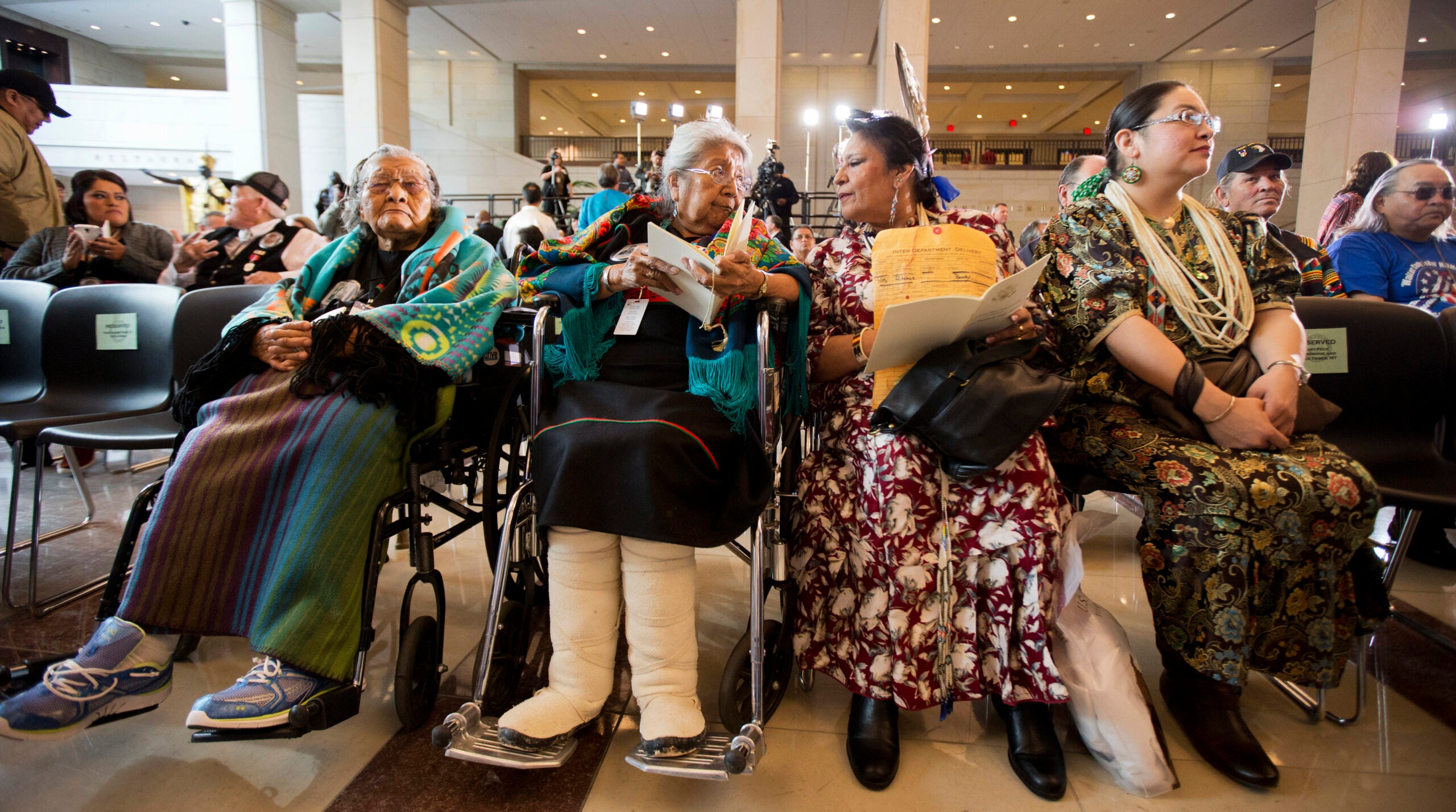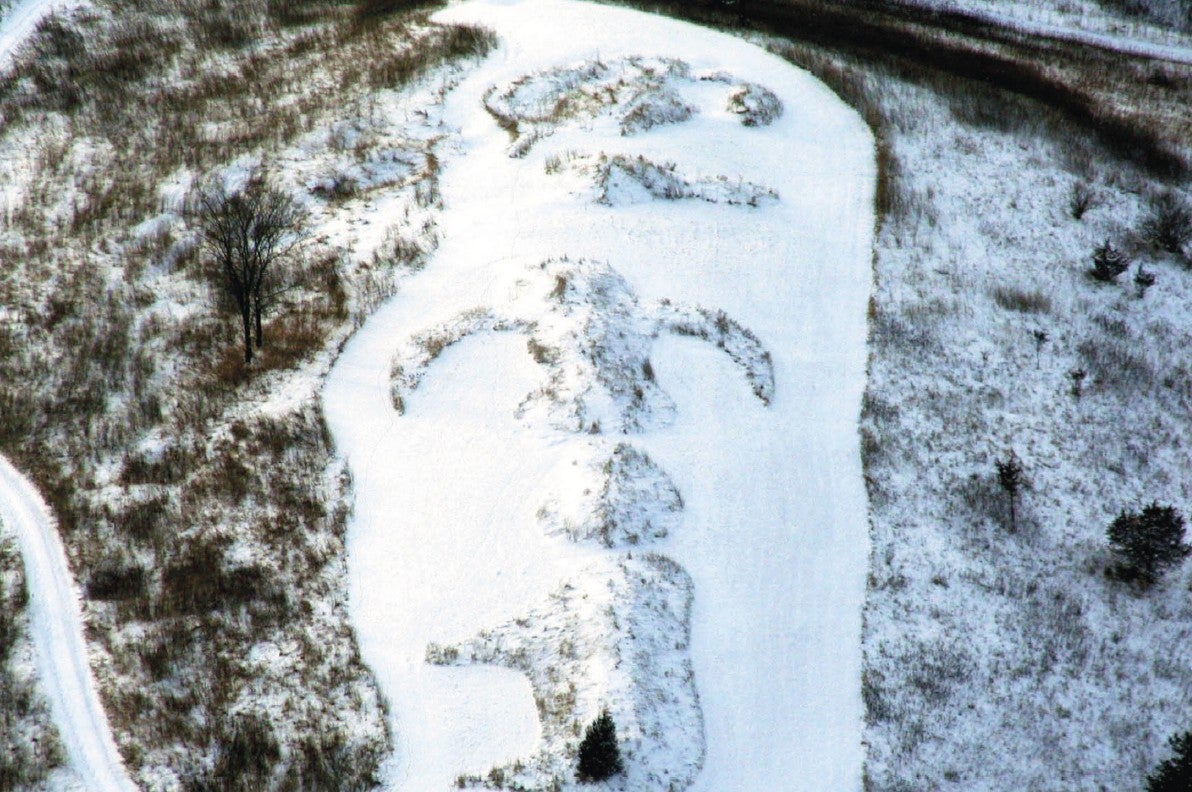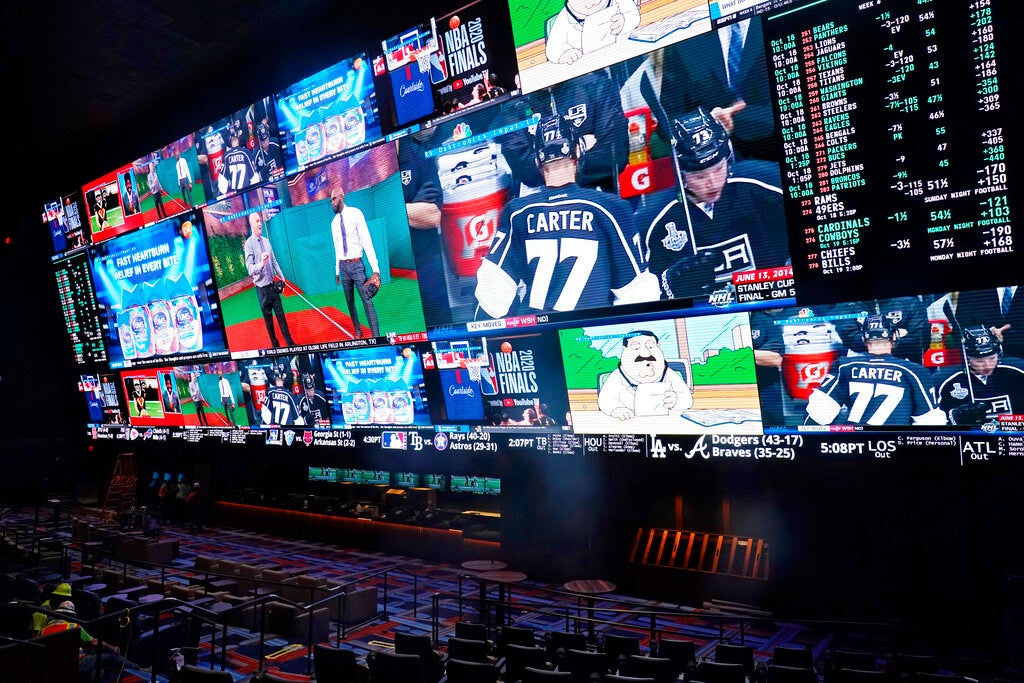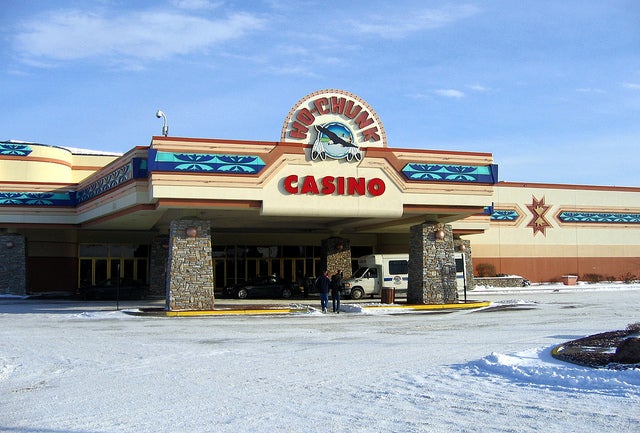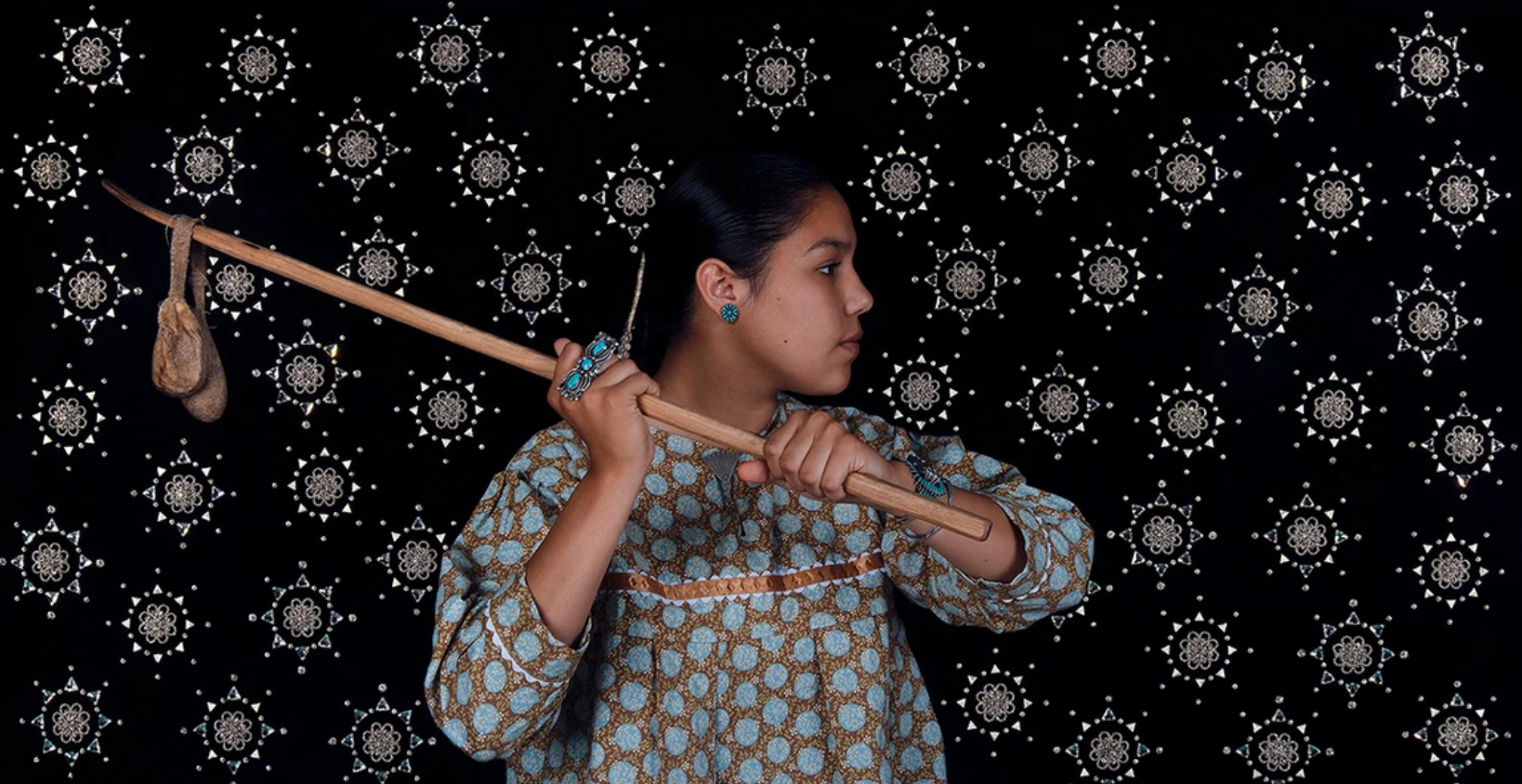Donald Greengrass said his father never taught him how to speak his native Ho-Chunk language. But his dad, Donald I. Greengrass, would speak Ho-Chunk with his fellow World War II veterans from the local American Legion.
“People would come over to our house and he would sit there and talk Ho-Chunk with these people,” Greengrass said during a public hearing Tuesday at the Wisconsin State Capitol. “But he would never talk to me about it.”
Greengrass, who is a U.S. Marine Corps and Army veteran, said it wasn’t until after his father’s death that he discovered his dad served as a code talker in the war, using his native language to send secret messages over the radio.
News with a little more humanity
WPR’s “Wisconsin Today” newsletter keeps you connected to the state you love without feeling overwhelmed. No paywall. No agenda. No corporate filter.
Serving during both world wars, Native American code talkers are now recognized as essential to the victories of the U.S. and its allies in WWII. But national recognition for their work has been slow, starting more than two decades after the war when the U.S. government finally declassified the program in 1968.
A bill moving through the state Legislature would honor these Native American veterans by designating Interstate 90 in La Crosse County and part of Monroe County as the Ho-Chunk World War II Code Talkers Memorial Highway.
Greengrass was one of several members of the Ho-Chunk Nation who spoke in support of the legislation during a public hearing on Tuesday.
Sandy Winneshiek, veterans service officer for the Ho-Chunk Nation, also testified in support of the bill. She helped identify 14 members of the Ho-Chunk Nation who served as code talkers in the war and applied for recognition of their service from the U.S. Department of Defense.
Winneshiek, who is also an Air Force veteran, said the code talkers ranged in age from 15 to 27 during the war, and there are likely more tribal members who are still unrecognized.
“It’s been a long road,” Winneshiek said during the hearing. “I’m really honored to be able to do this for the families.”
The legislation is authored by state Rep. Nancy VanderMeer, R-Tomah, and state Sen. Patrick Testin, R-Stevens Point. It was passed by the state Senate earlier this month.
During the hearing, VanderMeer said the Ho-Chunk Nation is one of the most recognized tribal nations for code talkers by the federal government.
“Preserving the legacy of code talkers is crucial to honoring their service to the American people and to the nation, and their contribution toward preserving the Ho-Chunk language for future generations,” she said.
Shelby Visintin, a legislator for the Ho-Chunk Nation, said during the hearing that many Native Americans served in the U.S. military before they were recognized as citizens or had voting rights.
“This recognition gives them what they didn’t have when they were here,” Visintin said. “It will be a legacy for the Ho-Chunk people and also the United States.”
The Ho-Chunk Nation and Wisconsin American Legion have registered in support of the bill.
Wisconsin Public Radio, © Copyright 2025, Board of Regents of the University of Wisconsin System and Wisconsin Educational Communications Board.

